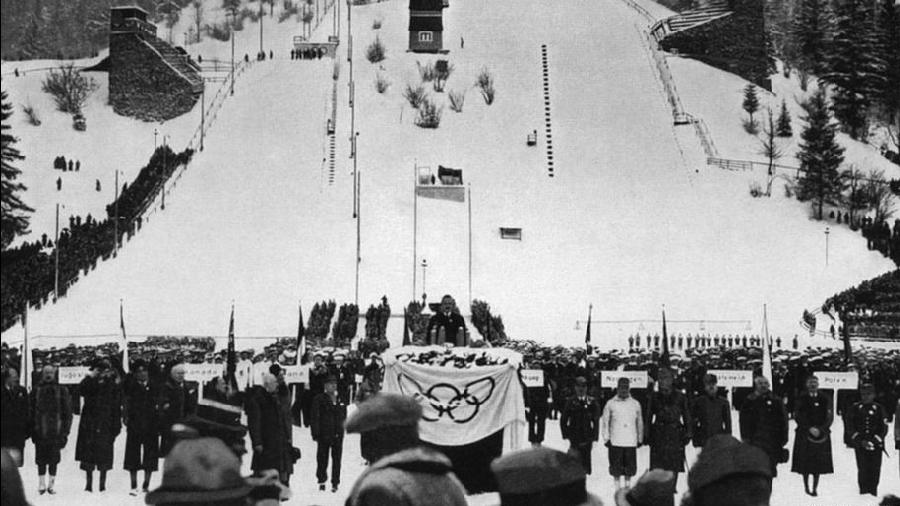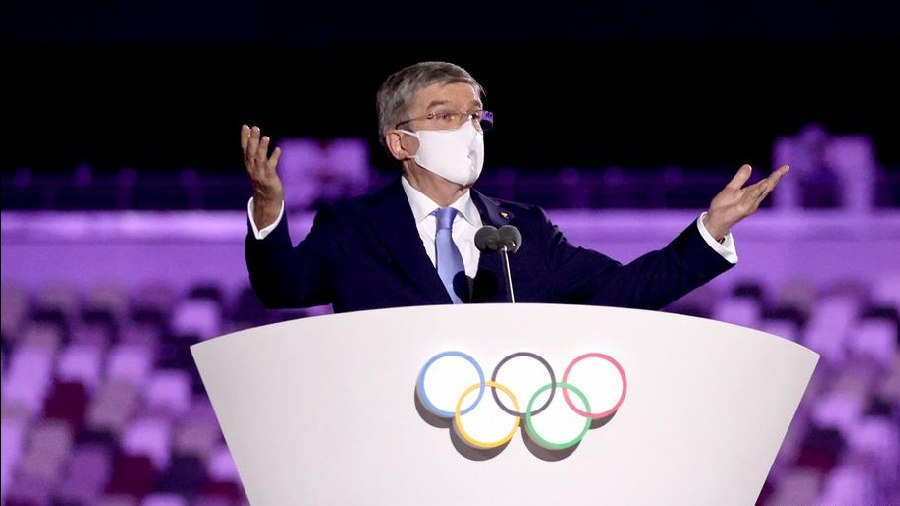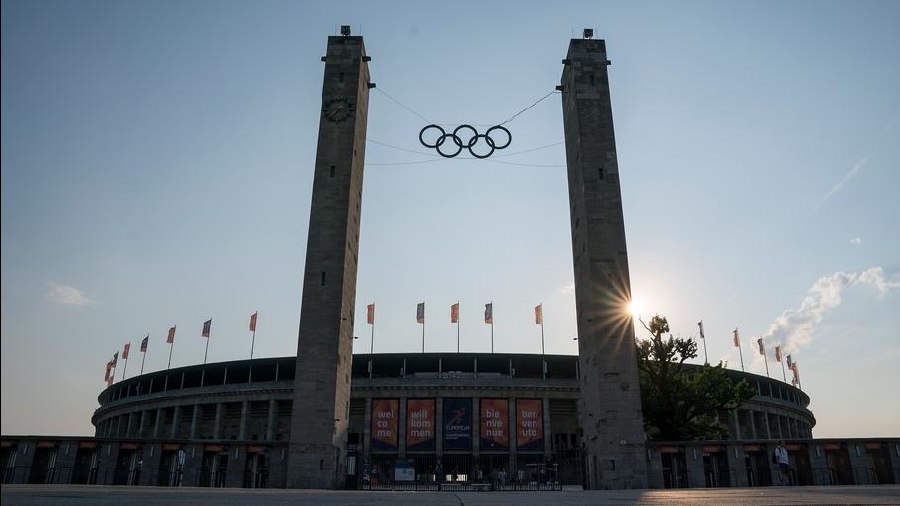There is a consensus in Germany that the European Championships, which just wrapped up in Munich, were an overwhelming success. There was a great atmosphere in great sports venues to go along with outstanding performances from the athletes, who, due to their chosen disciplines, only rarely get the opportunity to show their stuff on such a big stage.
This multisport event in the Bavarian capital simply worked. So why not think big in Germany? Why not bid to host the Olympic Games again? Here are the most important questions and answers regarding this debate.
Which Olympic Games might make sense for Germany?
First and foremost, the 2036 Summer Games. These would come exactly 100 years after the Nazi Summer Games in Berlin and the Winter Games in Garmisch-Partenkirchen. For this reason alone, that year is always the focus of attention. German International Olympic Committee (IOC) President Thomas Bach is among those who has been toying with the idea. In 2024, the Summer Games will be held in Paris, in 2028 in Los Angeles, and in 2032 in Brisbane.
Other possibilities for a bid would be the 2030 or 2034 Winter Games. The 2026 Winter Games have already been awarded to Italy (Milan and Cortina d'Ampezzo). Although several candidates have already come forward for 2030, including Japan's Sapporo as the favorite, nothing has been decided as yet. However, according to the president of the German Olympic Sports Federation, Thomas Weikert, 2030 would be too early for Germany. After all, in view of the various failed attempts to get a German bid off the ground in recent years, he knows that to have any hope of success, any future bid requires the best-possible preparation — and that takes time.

Germany also hosted the 1936 Winter Olympics, in Garmisch-Partenkirchen Deutsche Welle
Why has Germany not hosted the games since 1972?
Since 1986, there have been seven bids, but all have failed. The Rhine-Ruhr Initiative for 2032 was the most recent unsuccessful attempt.
The bids for the 2022 Winter Games in Munich and the 2024 Summer Games in Hamburg were thwarted by public opposition: More and more members of the public are being turned off of such mega events, sometimes because of vote buying by the people who decide on such bids, and sometimes because of the athletic doping that has come to light in recent years. In addition, there are always security concerns. Added to this are the immense costs that will be incurred by the host cities. And: In view of climate change, important ecological questions arise, especially for the Winter Games.
What are the differences between the European Championships and the Olympic Games?
The IOC, with its premium sponsors, sets the rules — even beyond the host city. In Munich, several European champions were sought in nine different sports at the same time. Compared with Olympic competitions, however, this was on a rather small scale. Around 4,700 athletes used the existing sports facilities, which were built for the 1972 Olympic Games. Spectators could even attend some events free of charge.
According to the official homepage, the European Championships Munich 2022 cost €130 million ($129.4 million). The city of Munich, the state of Bavaria and the German government each chipped in a little over €33 million. The remaining €30 million were generated through marketing, ticketing and broadcasting rights. The costs were high but manageable.
Olympic and Paralympic Games, on the other hand, swallow up sums that run into the billions. The costs for the 2020 Summer Games in Tokyo came in at $15 billion. The National Organizing Committee was charged $6.7 billion. The Tokyo Metropolitan Government paid $6.6 billion. The Japanese government paid $2.1 billion. The IOC contributed about $1.9 billion, according to its own figures. More than 11,000 athletes competed in Tokyo — more than twice as many as in Munich.
In addition to the sports facilities, accommodation always has to be built for the Olympic Games. Even in Germany, and even in Munich, new sports facilities would have to be built if the IOC were to accept a bid to host the Games there. There are plenty of examples of unsustainable development around the world. Host cities such as Pyeongchang, for example, have built "white elephants" such as the bobsleigh and luge tracks, which were hardly used or not used at all after the Olympics.

IOC President Thomas Bach has kicked around the idea of his native Germany hosting another Olympics Deutsche Welle
What are the requirements for host cities?
In the Olympic Charter, the IOC lays down all the rules for hosting the Olympic Games. The IOC requires bidders to comply with this charter without exception and to sign a corresponding "host city" contract setting out the general conditions. Critics argue that these contracts place all of the risk onto the local organizing committee. The profits and almost all rights, including for the worldwide supplier and licensing program, all go to the IOC.
As a result, it is only the IOC that can cancel an Olympic Games — otherwise, the hosts can be sued for damages. Money raised from the Games must be spent on the Games. Infrastructure and security measures, on the other hand, must be financed from the host's tax revenues. The IOC also demands tax concessions or even tax exemptions in many cases. In the case of the European Championships, on the other hand, there were no special tax rights granted to the organizers. In other words, the money stayed in Munich and the region.
How does the IOC earn its money?
The International Olympic Committee generates almost all of its income through the awarding of TV rights for major sporting events and through sponsors. According to the IOC, it generated total revenues of about $7.6 billion in fiscal years 2017 to 2020-2021. Over 60% of this was generated from the awarding of broadcasting rights. Ninety percent of this revenue then flows in turn to athletes and sports organizations, including individual sports federations, some of which are massively dependent on this income.













